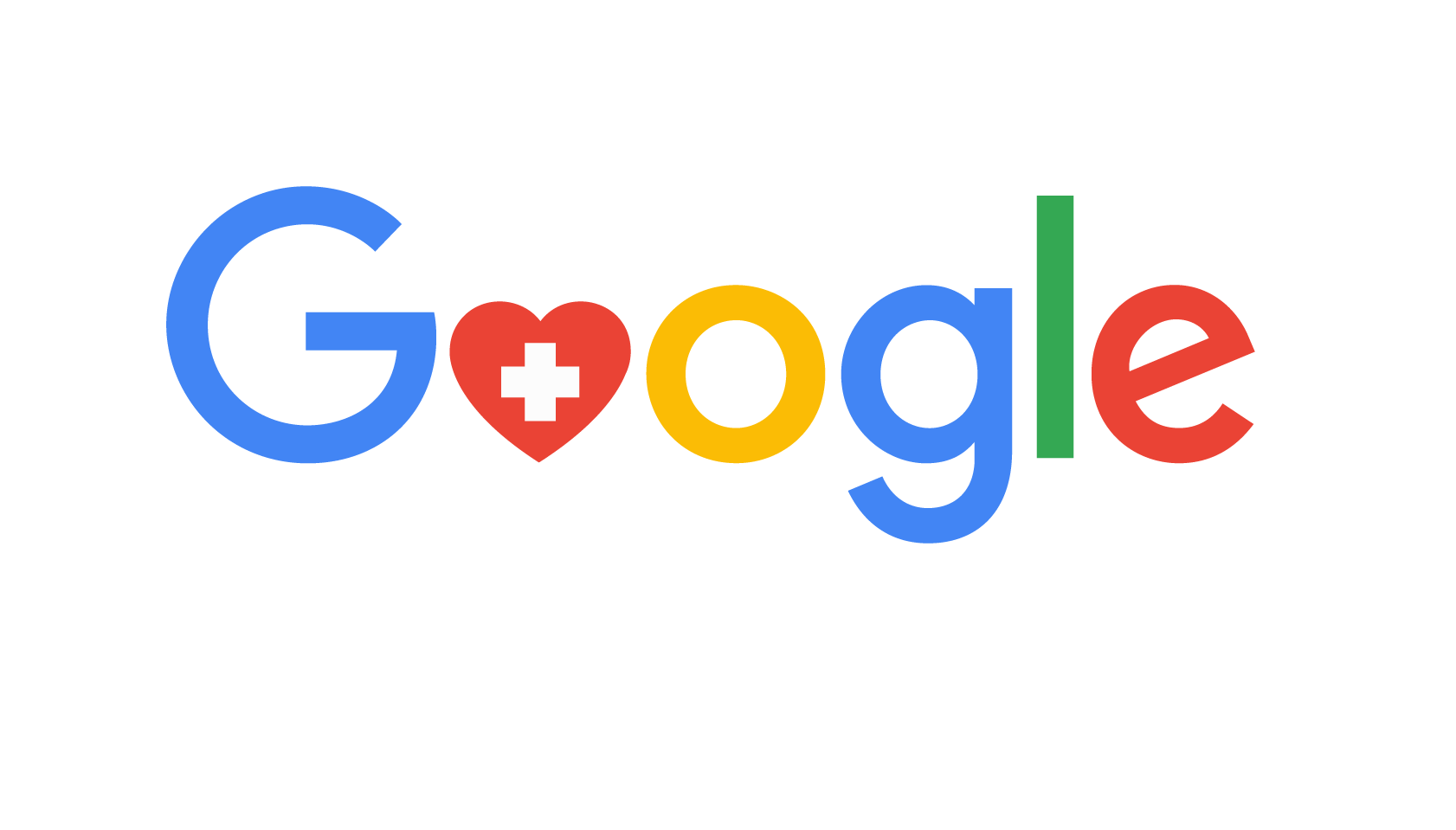The Google maps of health
May 04, 2017

Do you ever feel like the Big Tech companies overstep their boundaries?
Like Amazon trying their hand at fashion, Wikipedia launching a news site, or Google getting into healthcare?
Wait, rewind that for a second. Did you say Google is....?
Yes. Yes, I did.
Google maps of human health
Google’s former life sciences arms, known as Verily, is undertaking a four-year longitudinal study called Project Baseline. Their purpose is to look for early warning signs of disease and sickness to better understand why people who are generally healthy can transition into developing chronic conditions.
With the help of Stanford and Duke University researchers, Verily plans to enroll at least 10,000 participants with a broad range of demographics and health statuses into their study.
Their mission was spurred by the fact that a lot of the time, treatment in healthcare reacts to problems instead of trying to prevent them in the first place.
Think about it: you don’t wait to get lost to consult Google Maps—you have it open the entire car ride so you know where to go from the beginning. That’s the kind of approach Verily wants to create for healthcare.
Wearables as a catalyst
Perhaps the coolest part of this study is that subjective feelings aren’t at the forefront. Instead, they’re outfitting all the participants with expensive, custom Study Watches.
These Study Watches aren't available to the public, and while they aren't giving us specific details just yet, they apparently collect more data than your average FitBit.
Regardless, it’s good to see someone setting out to do something beneficial with the data collected by wearables, because 12% of US consumers own one (meaning we’re still in the early adopter stage... likely because there’s nothing great you can currently do with the data they collect).
The thing is, there's no real link between wearables and healthcare. Walking into a doctor’s office with your sleep data or how many steps you've taken in a week isn’t going to get you anywhere. This massive study shows that Google is serious about changing that—but we’re going to have to wait to find out how.
All in all, this is a critical time in the wearables industry. With Fitbit’s stock at an all-time low and Apple possibly putting glucose sensors in the Apple Watch, it’s about to be make-or-break for wearables.
There’s no better time to grab some popcorn and see how this all plays out. Just watch your sodium intake.
